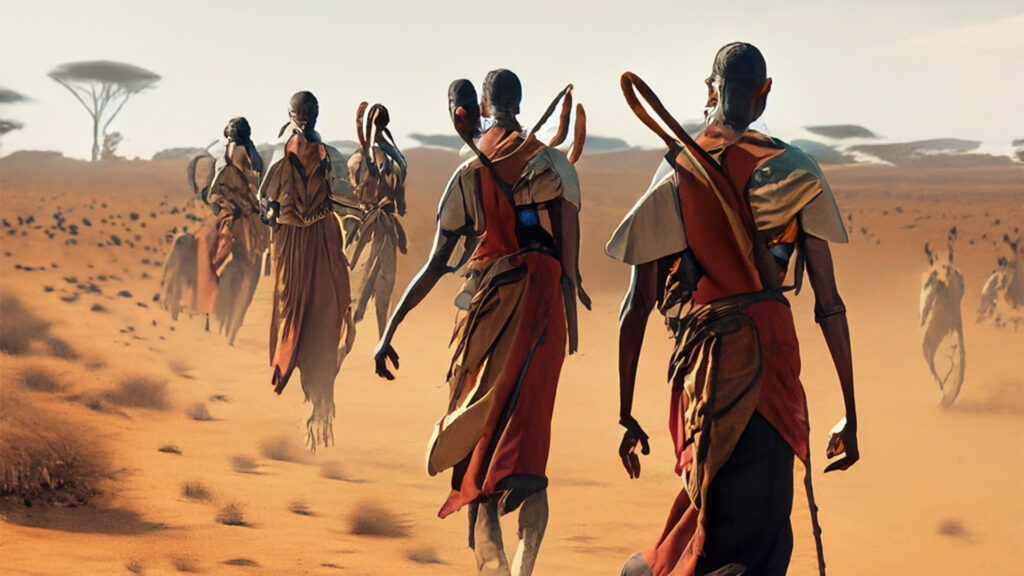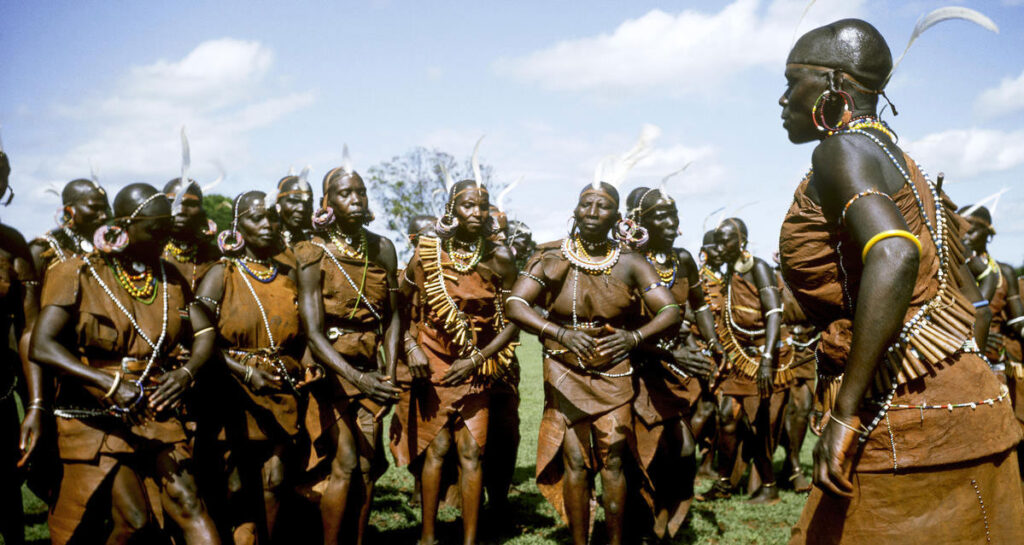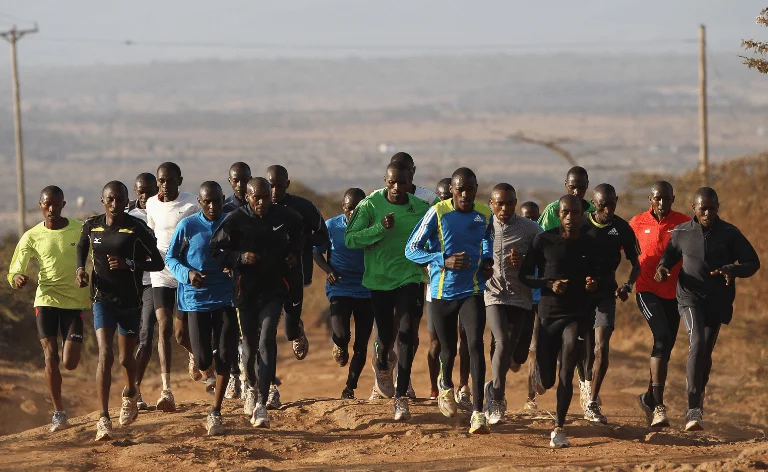Discovering Kenya’s Rich Cultural Tapestry: A Journey Through Diverse Traditions
Kenya is a country of striking landscapes, abundant wildlife, and, perhaps most fascinatingly, a rich tapestry of cultures and traditions. With over 40 distinct ethnic groups, each with its unique customs, languages, and heritage, Kenya offers an unparalleled cultural experience that captivates the hearts of travelers. Let’s embark on a journey through some of the most vibrant and cherished cultural traditions that make Kenya a truly remarkable destination.
The Maasai: Guardians of Tradition
One cannot speak of Kenyan culture without mentioning the Maasai, one of the most iconic and well-known ethnic groups. The Maasai are semi-nomadic pastoralists whose traditional lifestyle, centered around cattle herding, has remained relatively unchanged for centuries. Adorned in their distinctive red shukas (cloths) and elaborate beadwork, the Maasai are renowned for their vibrant ceremonies, such as the “Eunoto,” which marks the transition of warriors to elder status. Their jumping dance, or “adumu,” is a captivating display of strength and agility, often performed during community celebrations.

The Kikuyu: Keepers of Agricultural Heritage
The Kikuyu, Kenya’s largest ethnic group, are primarily agriculturalists who have played a significant role in the country’s history and development. Rooted in their connection to the land, the Kikuyu culture revolves around farming, with traditional crops like maize, beans, and potatoes being central to their diet. Their folklore, passed down through generations, includes stories of their ancestral origins from Mount Kenya, a sacred site in Kikuyu cosmology. The Kikuyu’s traditional dances and songs, performed during rites of passage and harvest festivals, reflect their deep bond with nature and community.

The Swahili Coast: A Melting Pot of Cultures
Along Kenya’s Indian Ocean coastline, the Swahili culture thrives, a testament to centuries of interaction with Arab, Persian, Indian, and European traders. The Swahili people are known for their unique blend of African, Arab, and Islamic influences, evident in their language, architecture, and cuisine. Lamu, one of the oldest Swahili settlements, is a UNESCO World Heritage site where visitors can explore narrow streets lined with intricately carved doors and coral stone buildings. The Swahili coast is also famous for its festivals, such as the Lamu Cultural Festival, which showcases traditional dhow races, music, dance, and poetry.

The Luo: Celebrating Life and Music
The Luo people, residing near Lake Victoria, are celebrated for their rich musical heritage and vibrant ceremonies. Music and dance are integral to Luo culture, with traditional instruments like the nyatiti (a stringed instrument) and the orutu (a one-string fiddle) creating captivating melodies. The Luo’s elaborate ceremonies, such as weddings and funerals, are community affairs marked by lively dancing, singing, and storytelling. The Luo also have a strong tradition of fishing, with Lake Victoria providing both sustenance and a means of livelihood.

The Kalenjin: Athletes and Cultural Custodians
The Kalenjin, hailing from Kenya’s Rift Valley, are internationally renowned for producing world-class long-distance runners. This athletic prowess is deeply rooted in their cultural practices, which emphasize endurance and physical fitness from a young age. The Kalenjin also have rich traditions surrounding rites of passage, particularly circumcision ceremonies, which are significant community events involving elaborate rituals and celebrations. Their folklore, dances, and music reflect their close-knit social structure and deep respect for their ancestral heritage.

A Tapestry Woven with Unity in Diversity
Kenya’s cultural diversity is a source of national pride, with each ethnic group contributing to the country’s vibrant mosaic. National celebrations, such as Mashujaa Day (Heroes’ Day) and Jamhuri Day (Independence Day), provide opportunities for Kenyans to come together and celebrate their shared identity while honoring their unique cultural heritages.
In urban centers like Nairobi and Mombasa, this cultural diversity is on full display, with markets, festivals, and cultural centers offering glimpses into the rich traditions of Kenya’s many ethnic groups. Visitors can sample a wide array of cuisines, from the spicy coastal dishes to the hearty fare of the highlands, and experience the warmth and hospitality that characterize Kenyan society.
Embracing Kenya’s Cultural Wealth
Exploring Kenya’s cultural diversity is a journey of discovery and appreciation. Whether you are wandering through the savannah with the Maasai, dancing to the rhythms of the Luo, or savoring the flavors of Swahili cuisine, you will find that Kenya’s true wealth lies in its people and their traditions. This East African nation, with its harmonious blend of ancient customs and modern influences, invites you to immerse yourself in its cultural richness and experience the heartbeat of Africa.




